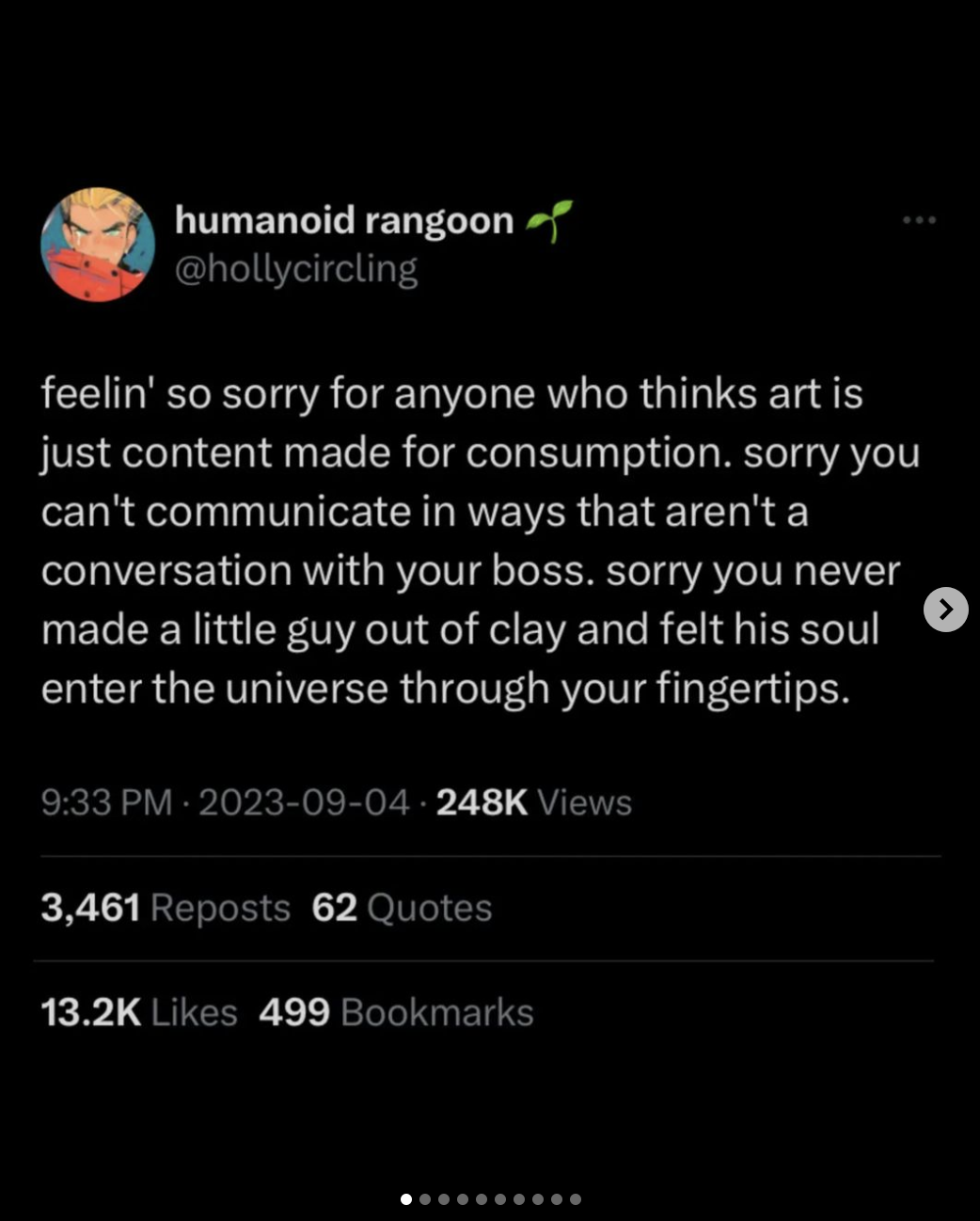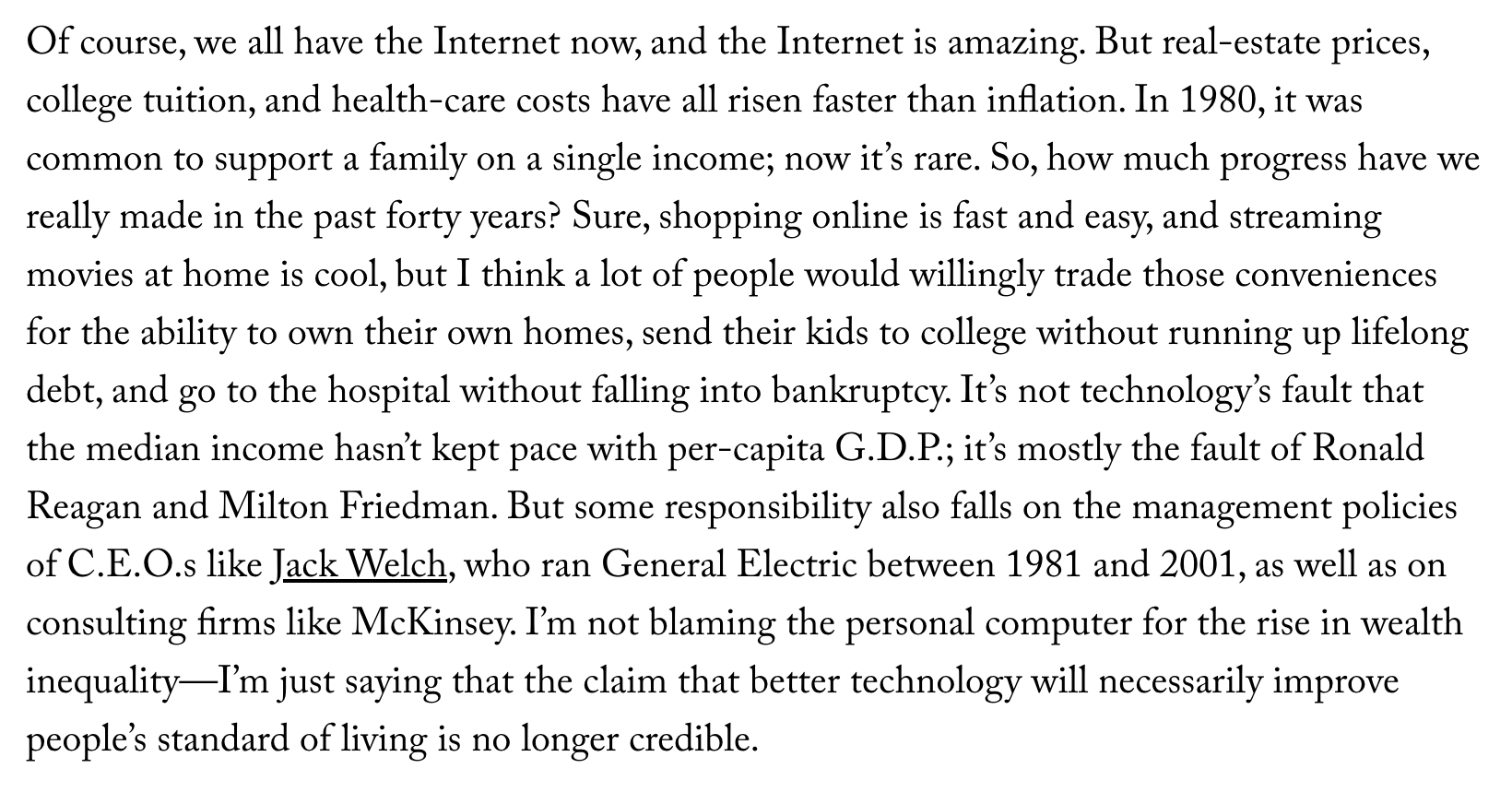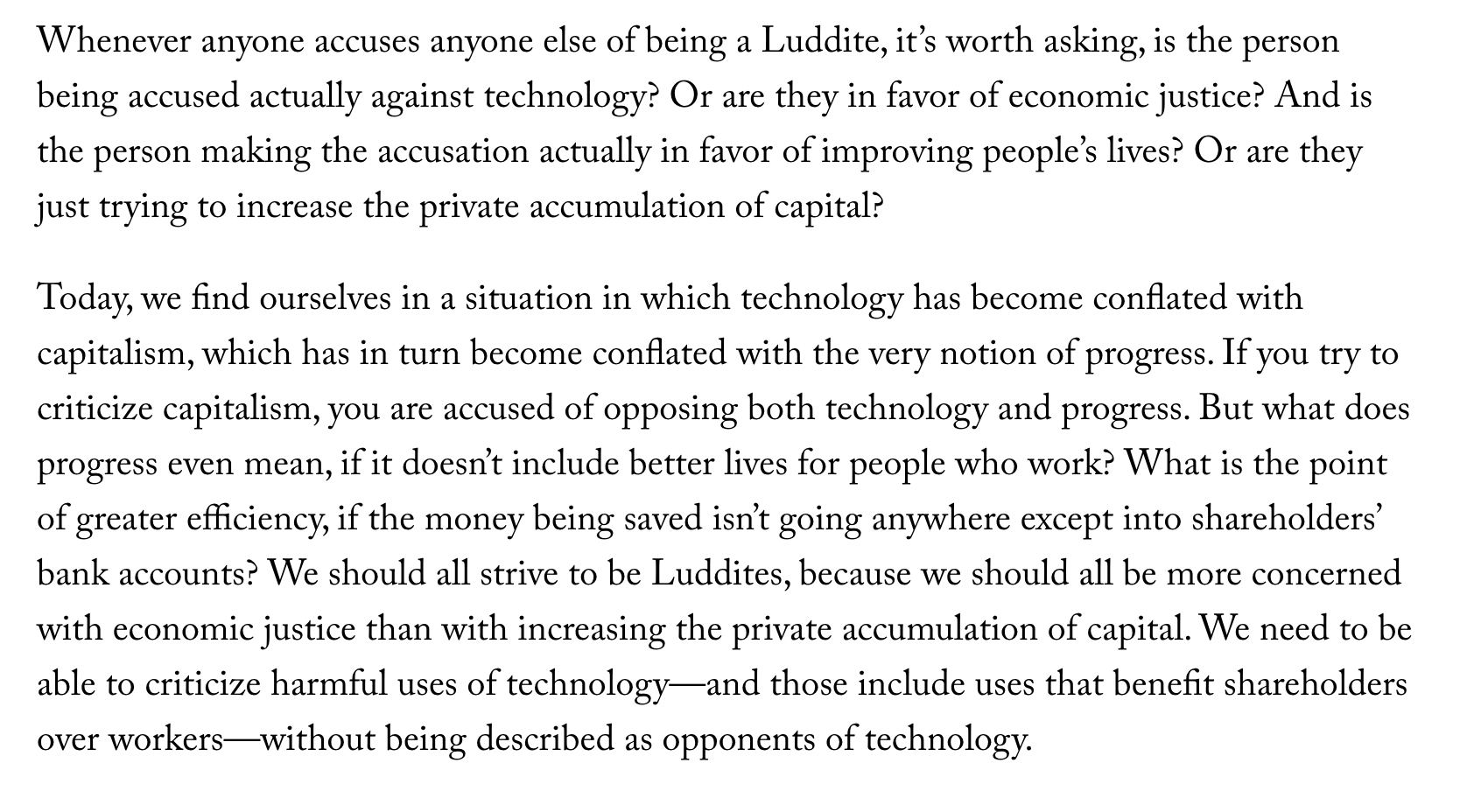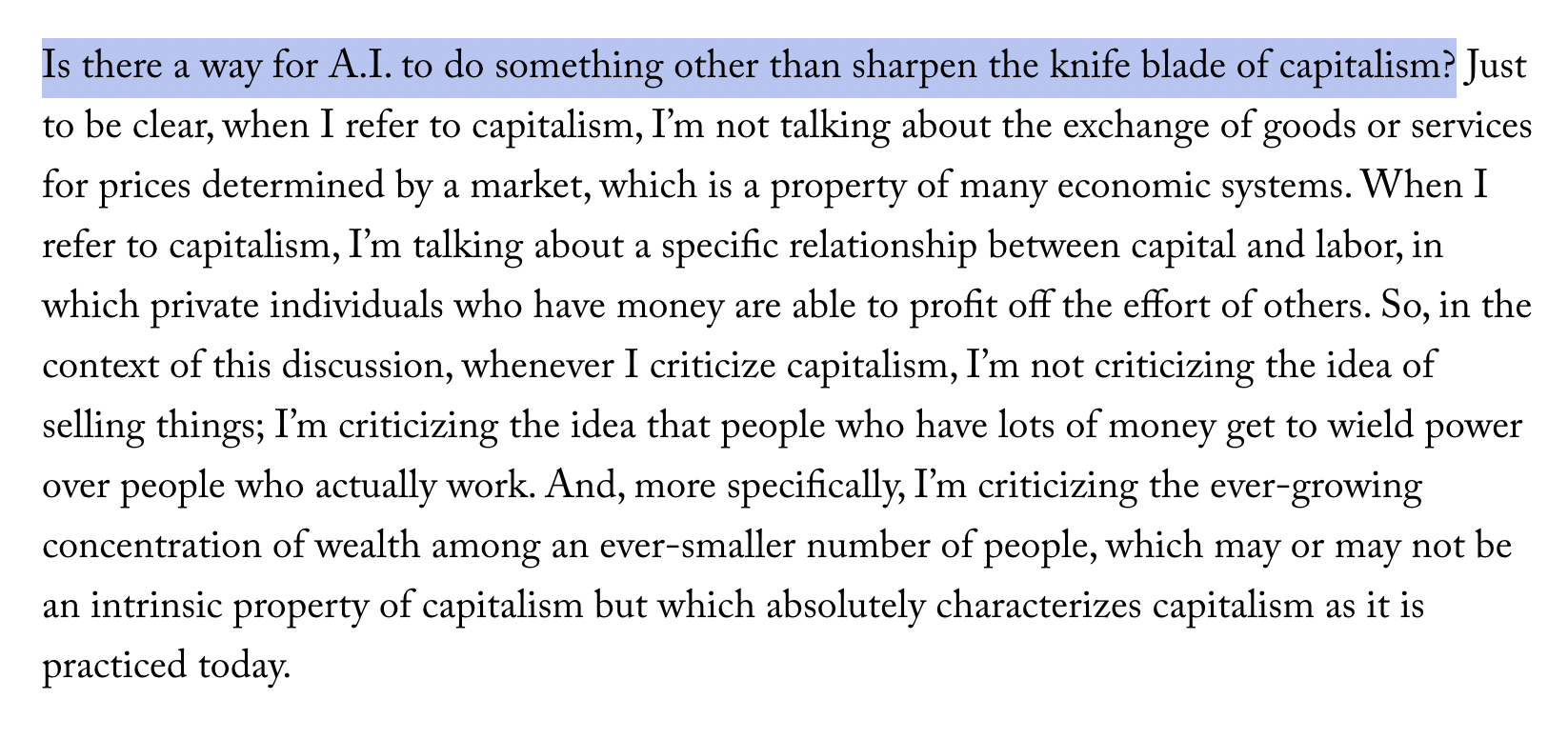
Process Notes
CeremonyLM:
A Community Language Model
KEY WORDS:
people, AI, game, models, feel, interesting, conversation, thinking, great, language, work, talk, guess, building, experience, engage, preserve, article, intimate, personThis reflection was from July 22, 2024.
An Introduction to Tamika Yamamoto:
Tamika is a non-award-winning designer, illustrator, and game-maker with five years of experience as a creative. She is excitable and tends to wear many hats, moving between various disciplines such as motion design, illustration, and game-making. She admits to occasionally falling off the deep end with each. She deeply enjoys the act of creation in its many forms and is intrigued by how creative work can enhance our capacity to empathize and connect with others. Recently, she participated as an artist-in-residence at InterAccess, creating games about queer Filipino girlhood, and exhibited at the 2024 Vector Festival in Toronto, Canada. Her research focuses on interactive media, with an emphasis on AI criticality, language models, and crafting narrative-driven games that convey values-embedded play.

AI SUMMARY
Katie and Tamika discuss the complexities of collaboration with AI, particularly in terms of accountability and human error. They reflect on a New York Times article (linked below) about AI's role in deflecting accountability and the ethical considerations of using AI in various contexts. The conversation shifts to the limitations of AI in understanding human language and social contexts, emphasizing the human intervention required in AI development. They also explore the potential of AI in education, the importance of privacy, and the role of AI in preserving personal and collective memory. The discussion concludes with ideas for integrating AI into artistic and educational projects, highlighting the need for ethical and nuanced approaches.
From
![]()
![]()
![]()
![]()
![]()
![]()
![]()
Collaboration and Accountability in AI
- Katie discusses the challenges of collaboration, including conflict, misunderstandings, and different priorities within a group.
- Katie reflects on the New York Times article (below) about deflecting accountability to AI and questions the framework for giving AI human qualities while expecting it to take accountability.
From
Will A.I. Become the New McKinsey?
by Ted Chiang (May 4, 2023)





- Tamika shares an example of an airline using an AI chatbot that led to significant financial losses, highlighting the issue of human error versus machine error.
- Katie and Tamika discuss the idea of AI as a perfect, efficient worker but emphasize the complexity of human interaction and the ethical considerations involved.
Human Error vs. Machine Error
- Tamika mentions an article from the UK about language models not understanding human language and social context, which affects how AI interacts with customers.
- The conversation touches on the perception of technology as neutral and the influence of the person who writes the code on AI's decision-making.
- Tamika references an article by Sophia Noble about Google search algorithms showing different results based on demographics and behavior, highlighting the personalization of search results.
The discussion includes the idea that AI is not objective and that accountability lies with the people who use and create AI, not the machine itself.
AI's Role in Education and Employment
- Katie reflects on the role of fact-checkers and the importance of attention to detail in AI-generated content.
- Katie discusses the potential for AI to replace jobs and the need for education and training in using AI effectively.
The conversation explores the idea of AI as a tool for learning and the importance of understanding AI's limitations and biases.
- Katie emphasizes the need for a curriculum that includes conversation and reflection on AI's impact on society and personal experiences.
Games as Art and AI Integration
- Tamika shares their interest in games as an art form and the challenges of creating games that are both artistic and accessible.
- The discussion includes the potential for games to break down barriers and engage players in new ideas and experiences.
- Tamika mentions a game called "Suck Up" that uses AI to create a unique and engaging experience for players.
The conversation touches on the idea of AI having agency and refusing to comply with human requests, which can add complexity and depth to AI interactions.
Preserving Personal and Collective Memory
- Katie discusses the idea of using AI to preserve personal memories and reflections, inspired by a Twitter thread about a person's diary entries.
- Images below are linked to the thread - a very interesting case study.
The conversation explores the potential for AI to help individuals engage with their past selves and gain insights from their own experiences.
- Tamika suggests using AI to create a personalized and interactive experience for users, allowing them to reflect on their own lives and experiences.
- The discussion includes the idea of using AI to create a meaningful and private space for self-reflection and personal growth.
Challenges and Opportunities in AI Development
- Tamika shares their experience with learning AI through YouTube tutorials and an independent study with Dr. Alexis Morris.
- The conversation includes the importance of collaboration with developers and the potential of using offline AI models for privacy and consistency.
- The discussion touches on the ethical considerations of using AI and the need for transparency and accountability in AI development.
Intimacy and Privacy in AI Interactions
- Katie emphasizes the importance of preserving intimacy and privacy in AI interactions, balancing the desire to share with the need for personal space.
- The conversation explores the idea of creating an intimate and intentional exchange that honors difference and fosters genuine connection.
- Tamika shares their experience of feeling like an outsider when observing AI interactions and the emotional impact of that experience.
The Role of AI in Personal and Collective Memory
- Katie discusses the potential for AI to preserve collective memory and honor different perspectives on shared experiences.
- The discussion includes the idea of using AI to create a space for reflection and self-discovery, allowing users to engage with their own memories and experiences.
The Future of AI and Its Impact on Society
- Katie reflects on the potential for AI to replace human jobs and the need for education and training in using AI effectively.
- Tamika mentions the platform Write with Laika, which allows users to train AI models on their own writing and create personalized AI companions.
Final Thoughts and Next Steps
- Katie and Tamika discuss the importance of creating AI that is accessible, ethical, and respects privacy and personal space.
- The discussion concludes with plans to stay in touch and continue exploring the potential of AI in art, education, and personal growth.
Resource links from the meeting:
Article by Joss Fong from Vox (December 12, 2023)AI can do your homework. Now what?
Article by Safiya Umoja Noble from the journal Invisible Culture (2013)
Game about vampires that uses LLMs
Article by Geoffrey Irving and Amanda Askell from Distill (February 19, 2019)
And a helpful model Tamika shared with me on interaction design from
![]()
AI can do your homework. Now what?
Students and teachers grapple with the rise of the chatbots.
Article by Safiya Umoja Noble from the journal Invisible Culture (2013)
Google Search: Hyper-visibility as a Means of Rendering Black Women and Girls Invisible
Game about vampires that uses LLMs
Suck Up!
Article by Geoffrey Irving and Amanda Askell from Distill (February 19, 2019)
AI Safety Needs Social Scientists
And a helpful model Tamika shared with me on interaction design from
HackMD: 9.1 Four approaches to interactive design, Saffer (2010)

BRIEF DESCRIPTION OF THE PROJECT
Ceremony is a web platform that hosts an evolving catalogue of community conversations. The content is designed to bring together works by both professional and emerging artists. This project will build a live language model with the catalogue, allowing readers to participate in the creation of art via an interface designed with equity and accessibility in mind. The project aims to democratize digital tools, increase digital and data literacy through discussion, and pave the way for other creative and accessible AI applications within the artistic community.


